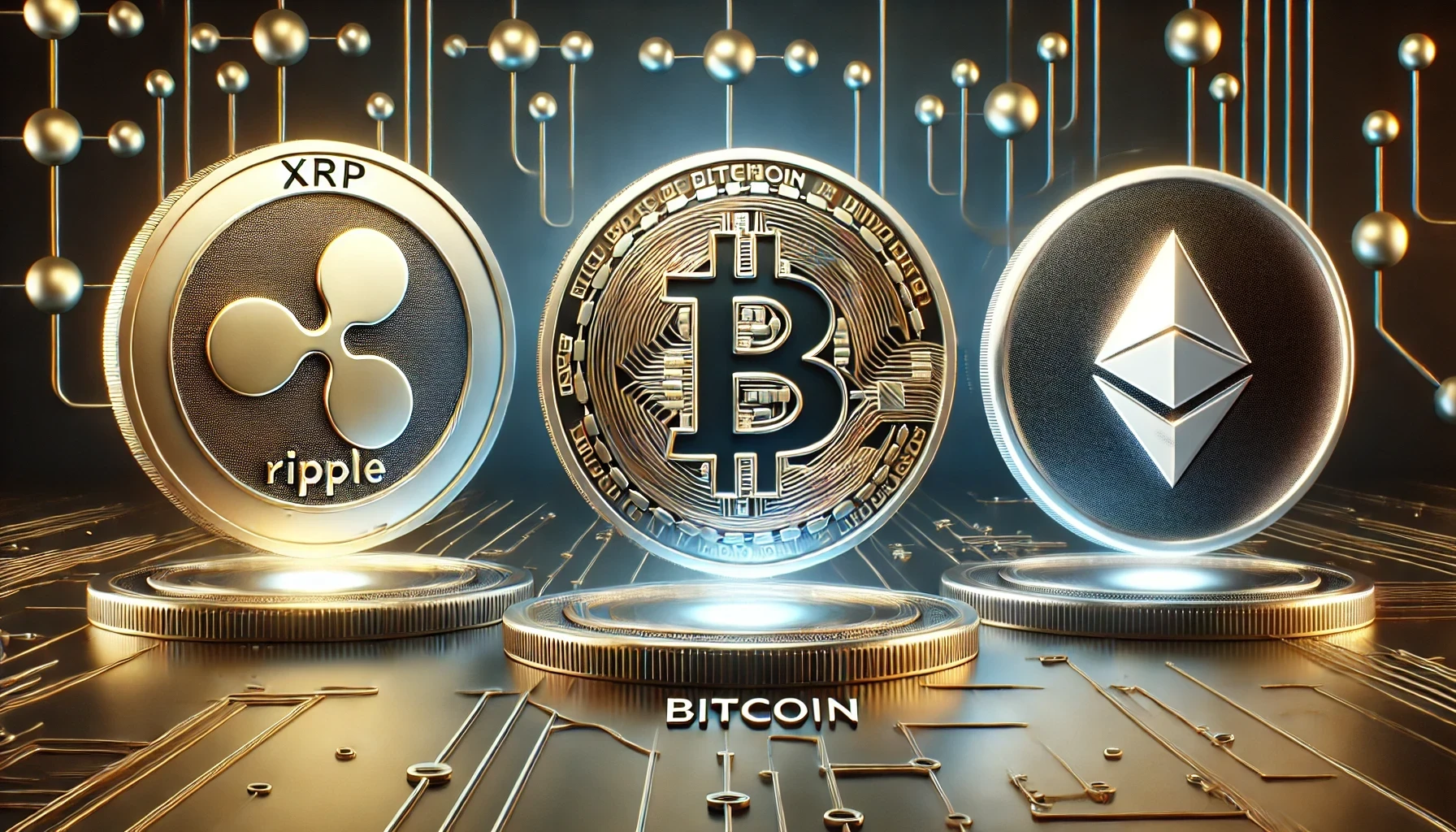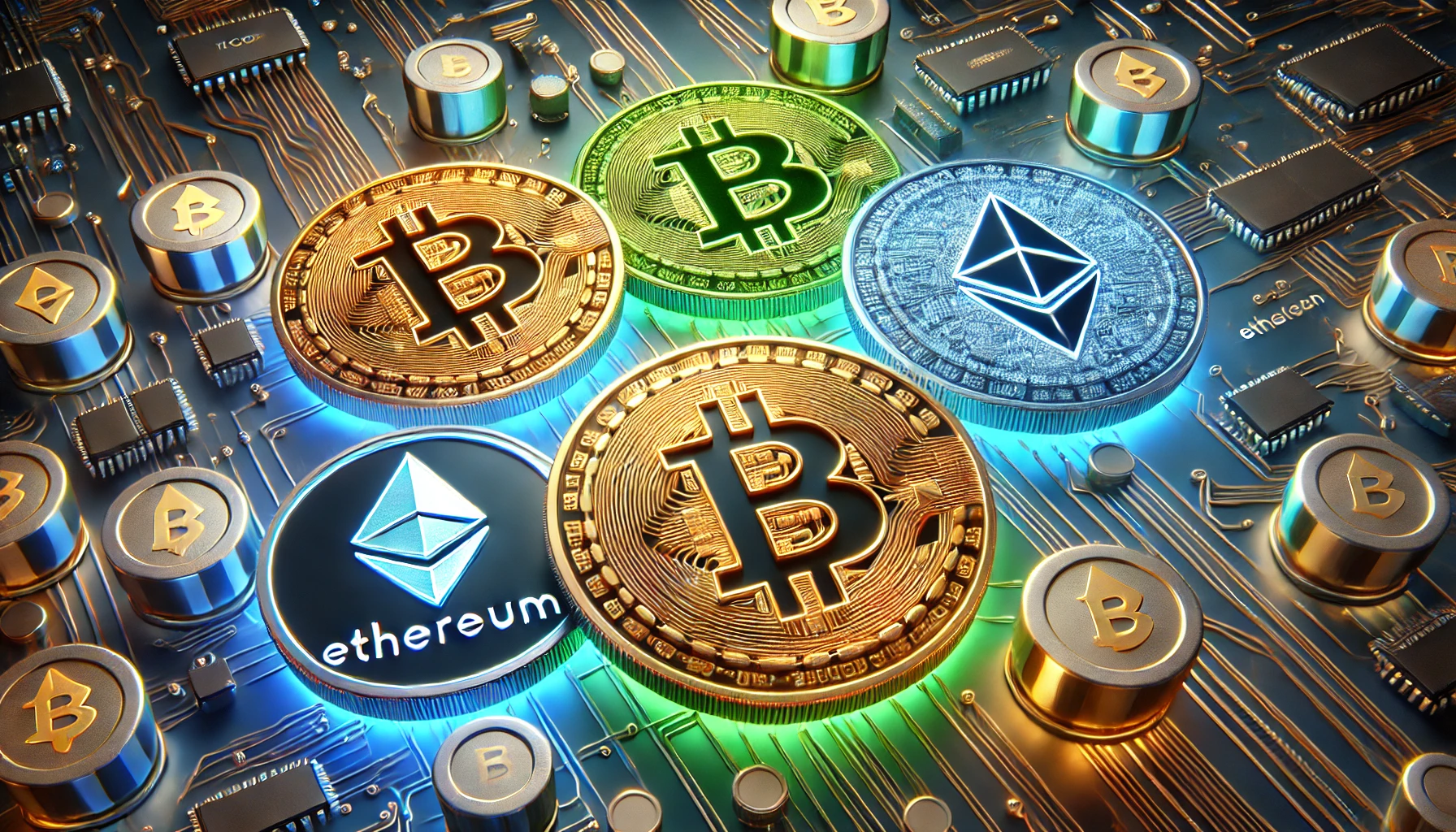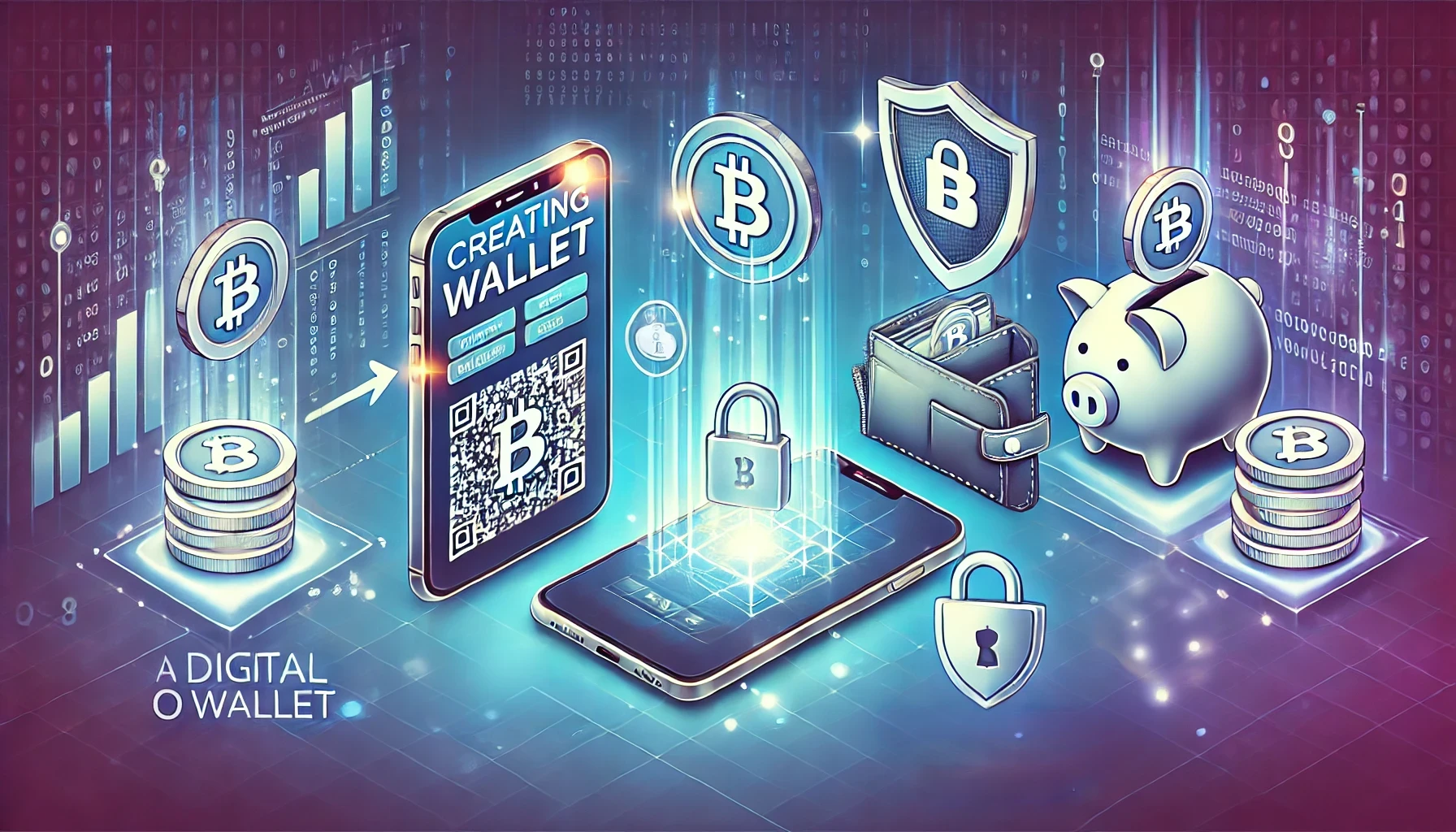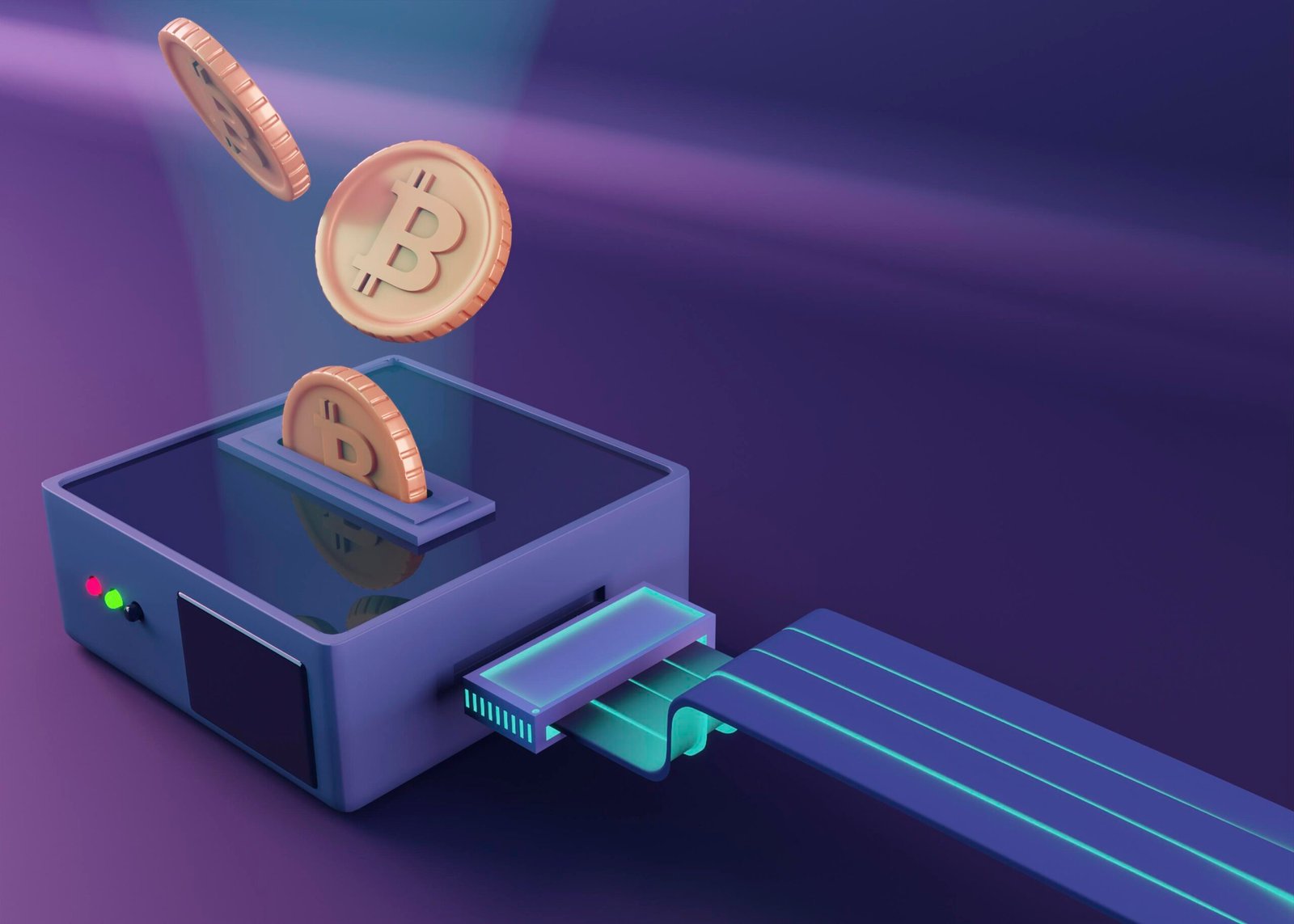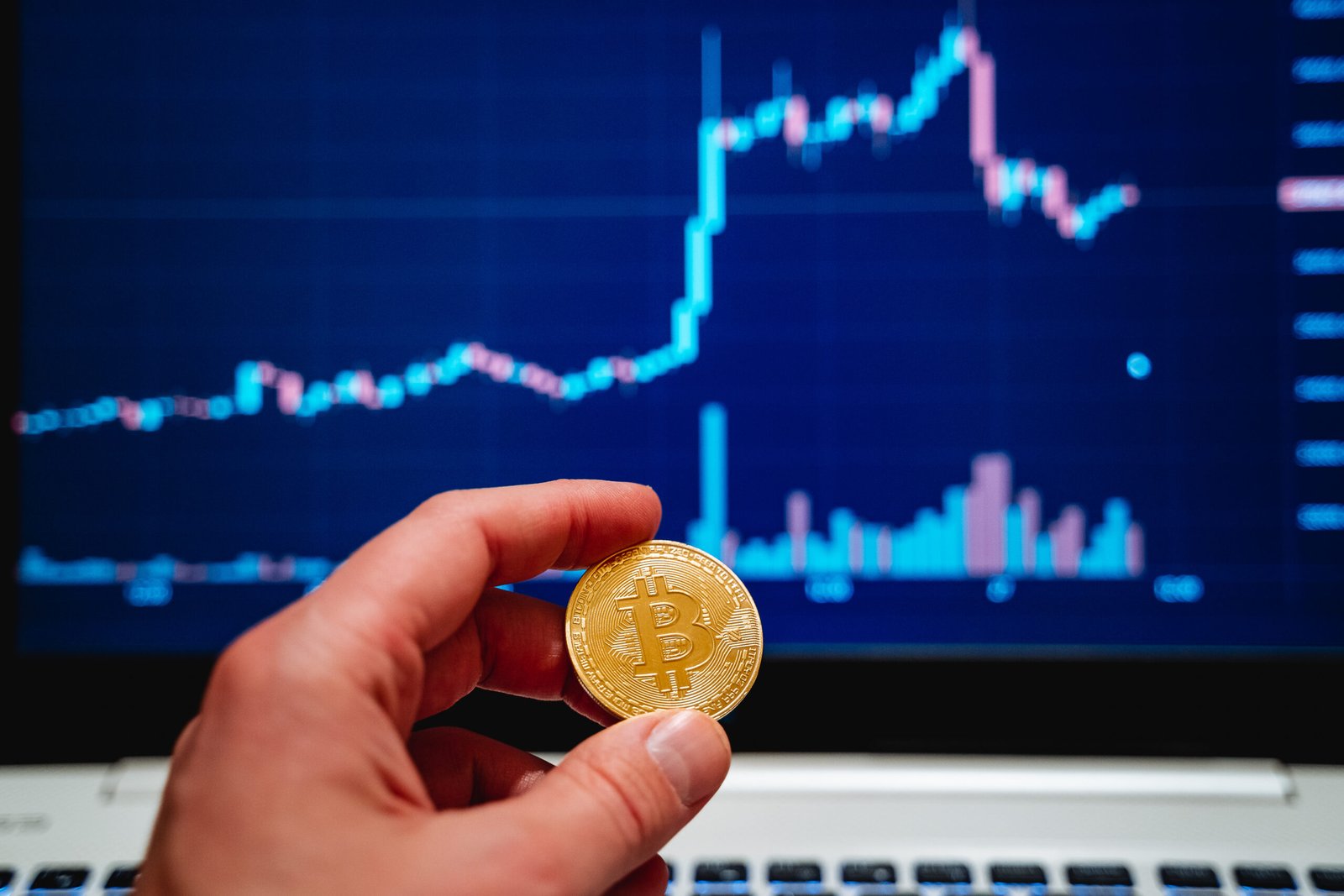Cryptocurrency is a form of digital money that operates on decentralized networks using blockchain technology. Unlike traditional currencies, it isn’t controlled by banks or governments. Transactions are verified by network participants and secured through cryptography. Popular examples include Bitcoin and Ethereum. Cryptocurrencies offer faster, more secure payments and give users greater control over their finances …

